Call for Trainer/Coach
Call for Trainer/Coach For the needs of the project “ROMANCE” we are opening a Call for Trainer/Coach for Entrepreneurship Training. […]
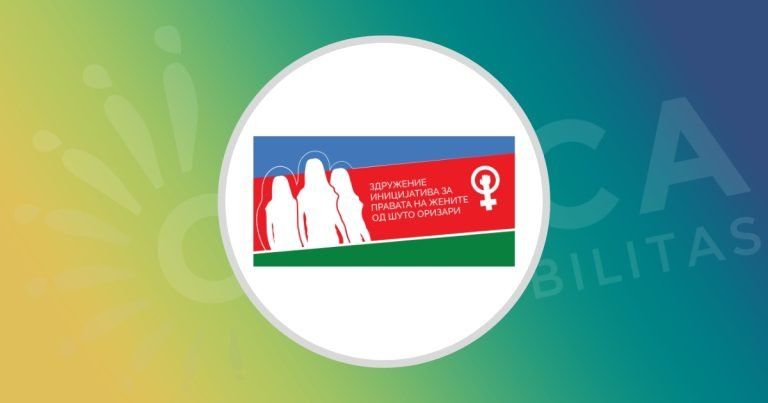
Call for Trainer/Coach For the needs of the project “ROMANCE” we are opening a Call for Trainer/Coach for Entrepreneurship Training. […]
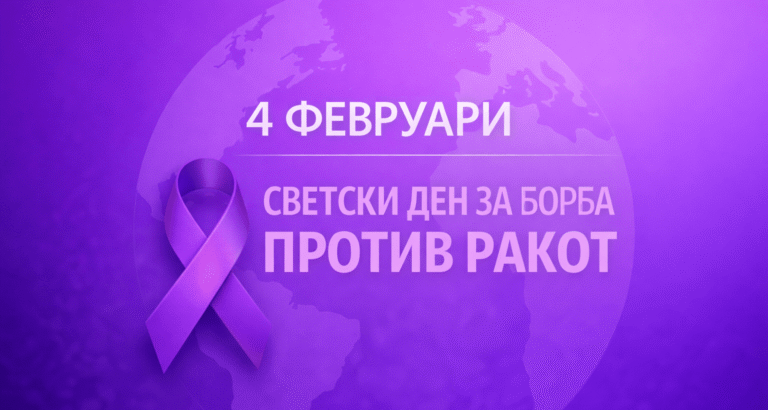
Although cervical cancer is one of the few malignant diseases that can be almost completely prevented, around 200 women in North Macedonia are diagnosed every year, and between 40 and 60 women lose their lives to this disease. It is alarming that in 2024, only about 10% of the target…
![[Aggregator] Downloaded image for imported item #43795](https://civicamobilitas.mk/wp-content/uploads/2026/01/611149509_1571871173934400_3927165331577291092_n-2-768x512.jpg)
Journalist: Enis Shaqiri Over the past decade, North Macedonia has been targeted by the influence operations of…

The post Political Thought No.71 appeared first on IDSCS.
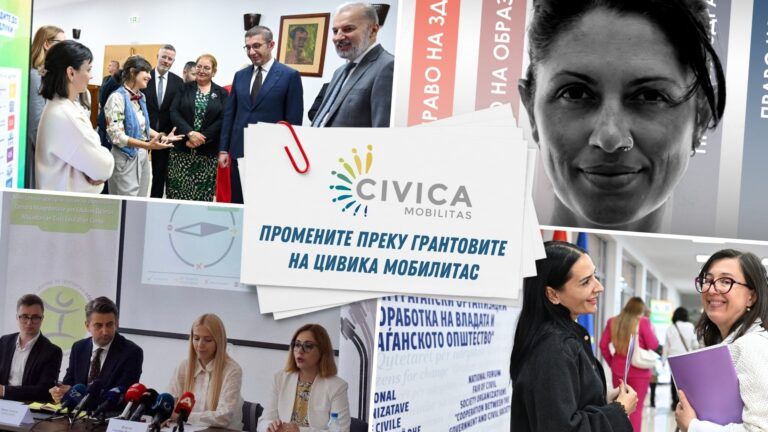
#Fiscal accountability is at the core of our story in the publications of Civica Mobilitas and the Macedonian Center for International Cooperation (MCIC) toward the end of 2025.
The post #Fiscal accountability is at the core of our story in Civica Mobilitas first appeared on Finance Think.
The post #Fiscal accountability is at the core of our story in Civica Mobilitas appeared first on Finance Think.
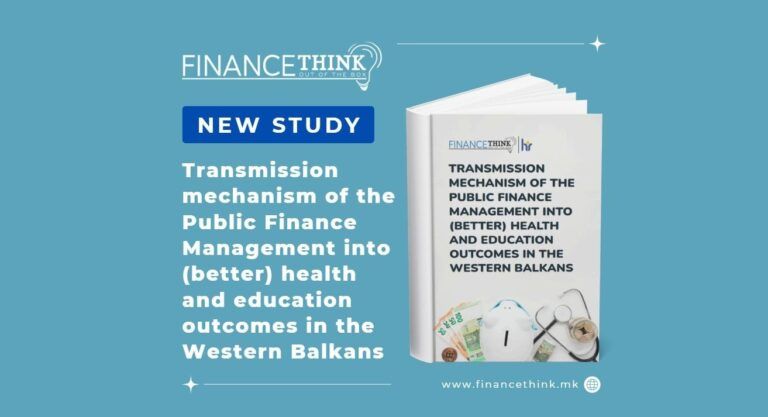
📘 New Policy StudyWe analyze how public finances translate (or fail to translate) into better education and health outcomes across six Western Balkan countries, using panel data for the period 2006–2020 and CMP methodology. 🔍 Key findings:• 🧾 It’s not just how much we spend — it’s how we spend it: stronger budget execution is […]
The post NEW Policy Study 57! first appeared on Finance Think.
The post NEW Policy Study 57! appeared first on Finance Think.
![[Aggregator] Downloaded image for imported item #43092](https://civicamobilitas.mk/wp-content/uploads/2025/12/media-lit-call-for-proposals-fotor-naslovna.png)
Centre for Civic Education (CCE/CGO) and partners within the project MEdIA – Lit (Media Enhancement and Information Literacy for Democratic Engagement) opens CALL FOR PROPOSALS for the support to projects of local media outlets and civil society organisations (CSO) in Western Balkans Project proposals should contribute to enhanced professional capacity of journalists, media outlets and media […]
Read More… from Call for proposals for the support to projects of local media outlets and civil society organisations (CSO) in Western Balkans within the priject MEdIA – Lit
The post Call for proposals for the support to projects of local media outlets and civil society organisations (CSO) in Western Balkans within the priject MEdIA – Lit appeared first on Хелсиншки комитет за човекови права.
![[Aggregator] Downloaded image for imported item #43146](https://civicamobilitas.mk/wp-content/uploads/2025/12/10-1536x1152-1-1024x768-1-768x576.jpg)
As part of the #GreenFriday initiative, the art exhibition “Eco Perspectives for Prilep” was held, as part of the third consecutive monthly #GreenFriday action, dedicated to raising environmental awareness and encouraging active dialogue in the community. The exhibition presented the artworks of young participants from Prilep, created during an educational art workshop held in November…
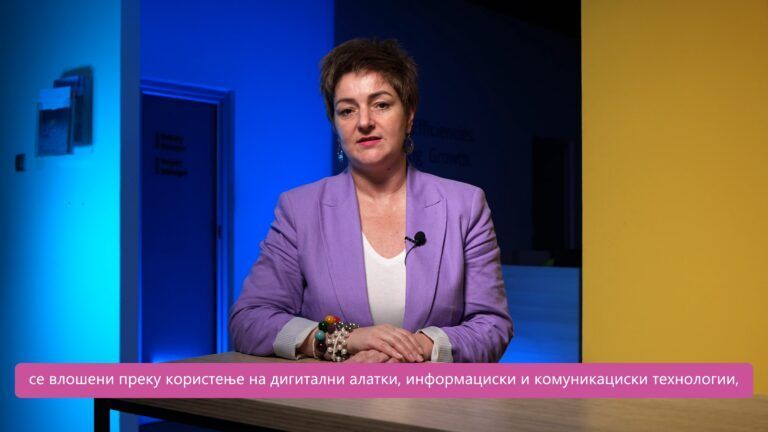
As part of the Young Women Tackling Cyber-Violence project, together with experts, we talk about recognizing and preventing gender-based online violence. 🌐💪 This video is part of our efforts to encourage young women to feel more empowered, informed, and safe online. 🔎 Learn:✔️ what online/cyber violence is✔️ how to recognize…
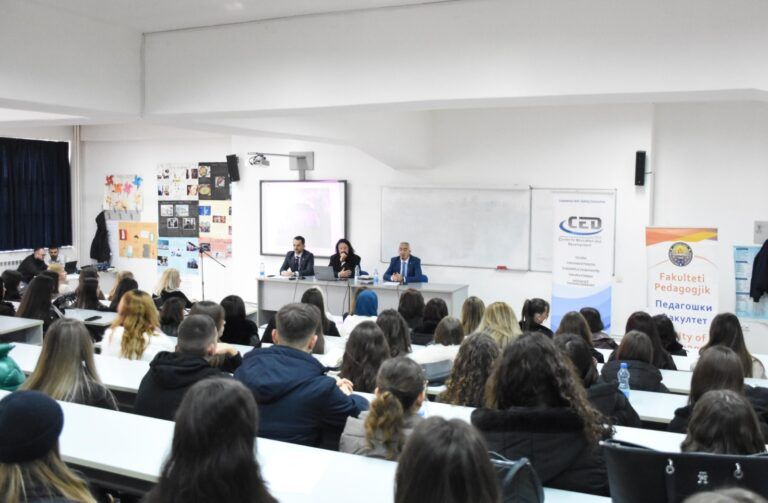
From Differences to Cooperation: The Power of Intercultural Dialogue 23 October, 2025 – Tearce, Macedonia An academic lecture entitled “From Differences to Cooperation: The Power of Intercultural Dialogue” was held at the University of Tetovo and delivered by the renowned Norwegian professor Mr. Steiner Bryn, founder of the Nansen Dialogue Centre, an internationally recognized scholar and peace…
Нема повеќе содржини
Нема повеќе содржини